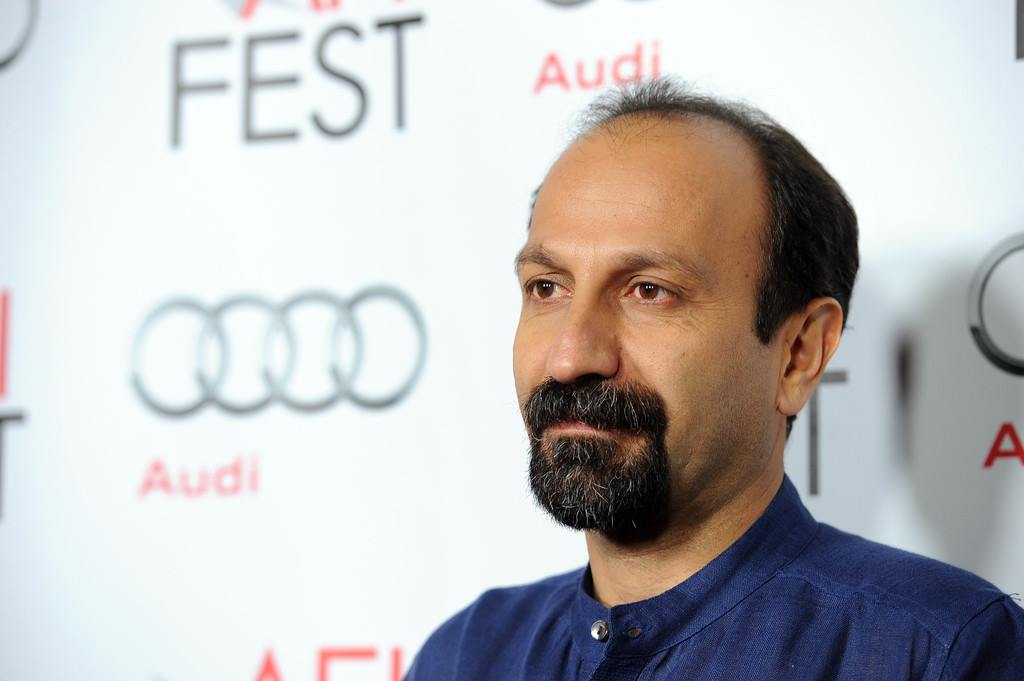facebook.com
Iranian filmmaker Asghar Farhadi, writer and director of the Oscar-nominated foreign language film “The Salesman” is no stranger to the Academy Awards. Among his many awards is a Golden Globe and an Oscar for his 2011 film“A Separation.” Now, Donald Trump’s stance on immigration may force Farhadi to become a stranger. His new policy temporarily bans refugees from entering the U.S. for 120 days and poses an indefinite ban on refugees from Syria. A 90-day ban was placed on citizens of seven countries. Among the seven is Iran, where Farhadi is a citizen. Following Trump’s order, Farhadi said in a statement published by the New York Times that even if an exception were made, he would not attend the awards.
“The possibility of this presence is being accompanied by ifs and buts which are in no way acceptable to me even if exceptions were to be made for my trip,” Farhadi wrote. His statement then condemns the policy and blames world leaders for turning foreign cultures against each other.
“To humiliate one nation with the pretext of guarding the security of another is not a new phenomenon in history and has always laid the groundwork for the creation of future divide and enmity,” said Farhadi. “I hereby express my condemnation of the unjust conditions forced upon some of my compatriots and the citizens of the other six countries trying to legally enter the United States of America and hope that the current situation will not give rise to further divide between nations.”
Farhadi’s absence has not been unnoticed. Protests continue worldwide and a rise of public disapproval is trending in Hollywood.
According to Variety, The Directors Guild of America and SAG-AFTRA denounced President Trump’s executive order in a statement saying “The open exchange of art is core to who we are, it’s what motion pictures and television are increasingly about; drawing humanity together, transcending borders and cultures. The DGA will continue to support the ability of artists to work and share their art in the United States.”
According to Variety, the presidents of the Writers Guild of America called Trump’s policy “unconstitutional.”
Also, celebrities used the Screen Actors Guild Awards as a platform for expressing their disapproval of the ban. On the red carpet, Simon Helberg of “The Big Bang Theory” held a sign reading “refugees welcome” while his wife Jocelyn Towne had written, “let them in” on her chest.
Julia Louis-Dreyfus targeted her speech at addressing the value immigrants hold in our country and citing the message from the Writer’s Guild.
To many, Farhadi’s absence represents the loss of culture the United States will see with the immigration ban. His celebrity gives a face to those affected by the ban and has sparked major protests in powerful communities. According to the Washington Post, approximately 90,000 people are affected by the ban. So while Farhadi’s relevancy to American culture has sparked celebrity interest, he is merely one of many whose plans have been disrupted.
Opposition to the order is strong and growing, yet refugees and immigrants are still suffering. In his statement, Farhadi points out that those in power have fabricated the “us” versus “them” epidemic due to their own fears. The heartbreaking message reminds us that we as a nation do not have to succumb to those fears. The beauty of film is that we are able to see into a foreign world and feel as if we are there. We get to learn about a culture we may never be able to visit, and often we see more similarities than differences.
Our understanding of culture and the arts is only possible because of diversity, and Farhadi is a symbol of that.



































